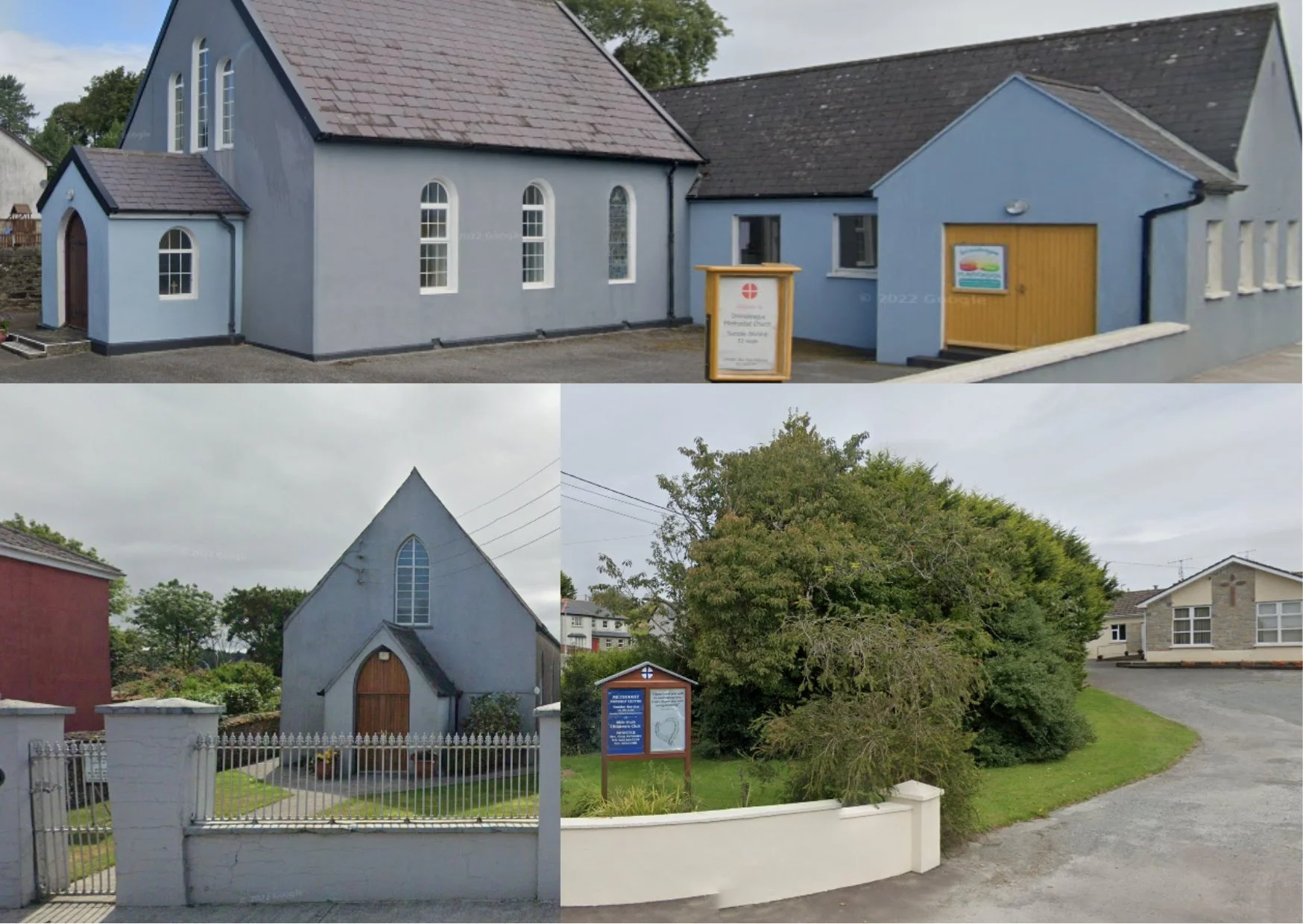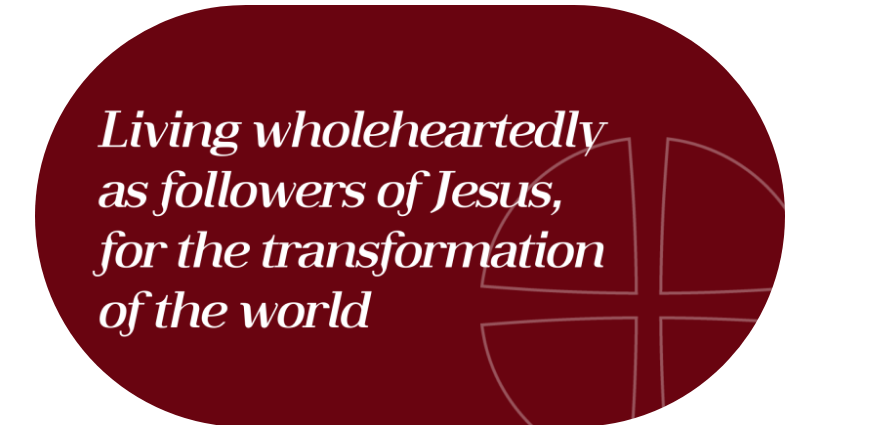The Methodist Church in West Cork
Ballineen & Dunmanway, Drimoleague and Skibbereen
The Road Between
Scripture: Luke 17:11–19
Jesus walks the border between Samaria and Galilee—a place of in-between. It’s here, in the margins, that ten men with leprosy cry out, “Jesus, Master, have mercy on us!” They stand at a distance, excluded and untouchable. But Jesus sees them.
This story begins not with healing, but with seeing.
Many of us live in borderlands too—between diagnosis and recovery, grief and peace, what was and what might be. And it’s in these places that Jesus meets us. For those who feel stuck, unseen, or forgotten, this story offers hope.
Jesus Sees Us
The ten men didn’t ask for healing directly. They asked for mercy. And Jesus saw them—not with judgment, but with compassion. He didn’t demand proof of faith or cleanliness. He simply noticed them.
In a world that often overlooks suffering, Jesus moves toward it. Being seen is the first step toward healing—not just physically, but emotionally and spiritually. For those carrying invisible wounds, Jesus’ gaze reminds us: you matter.
Before healing, before gratitude—Jesus saw them. What if being seen by Jesus is the beginning of healing?
Healing Is a Journey
Jesus tells them, “Go and show yourselves to the priests.” That’s what people did after healing. But they weren’t healed yet.
Still, they went. And as they walked, they were cleansed.
Healing happened in motion. Not instantly, but gradually. Many of us are on that same road—still walking, still trusting. Healing often unfolds slowly, through therapy, prayer, community, or rest. It may not look like we imagined, but it’s happening.
Sometimes, the journey itself is part of the healing. The courage to keep going. The grace to keep breathing.
Wholeness Is More Than Cure
One man, a Samaritan, returns to thank Jesus. He’s the outsider—excluded by illness and ethnicity. Yet he comes back, not just to say thank you, but to worship.
Jesus tells him, “Your faith has made you well.” The word used means more than healed—it means whole, saved, restored.
All ten were healed. But only one was made whole.
Wholeness goes deeper than physical cure. It’s about peace, belonging, and connection. For those living with chronic pain or trauma, this is good news. Wholeness is possible—even when cure is not.
Gratitude, then, is not just a response to healing—it’s a doorway into deeper wholeness.
Conclusion: Rise and Go
Jesus ends with a blessing: “Rise and go; your faith has made you well.” It’s not just about walking away healed—it’s about walking into life, restored and loved.
Jesus meets us in the borderlands. He sees us. He walks with us. He invites us into healing and wholeness.
You are not forgotten. You are not alone. Jesus sees you—and in his presence, healing begins.
Click on the buttons to go to the individual church pages
Wait till you see the makeover …!!!



